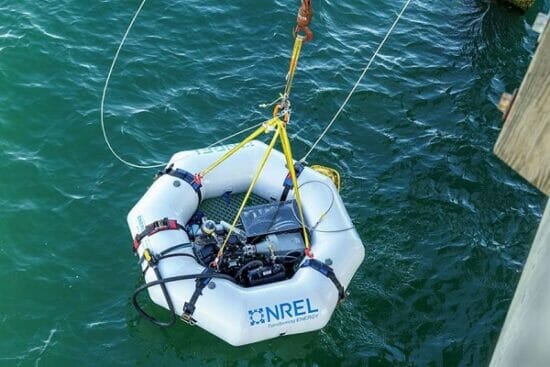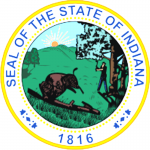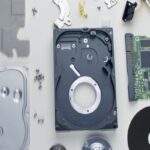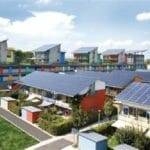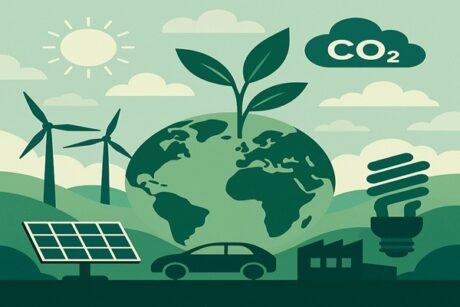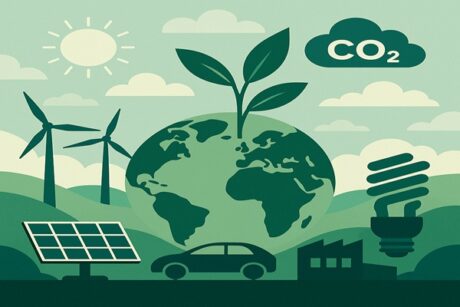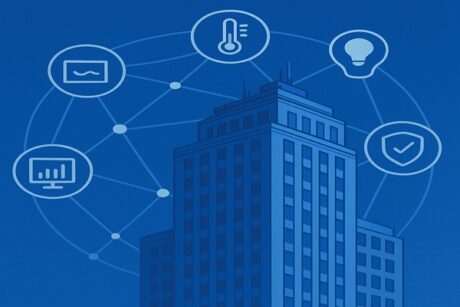- Course No E – 1944
- PDH Units: 4
No data found for Custom Course Number
No data found for Custom Course Units
- Course No E – 1944
- PDH Units: 4
Intended Audience: for engineers interested in the latest developments in renewable energy and energy efficiency research
PDH UNITS: 4
News & Feature Stories published between January and March
In this online engineering PDH course, recent news and research breakthroughs from the National Renewable Energy Laboratory (NREL) are described. NREL is the U.S. Department of Energy's primary national laboratory for research on renewable energy and energy efficiency. NREL’s mission is to advance the science and engineering of energy efficiency, sustainable transportation, and renewable power technologies and provide the knowledge to integrate and optimize energy systems. Every year, in addition to publishing technical articles and reports, NREL publishes dozens of short articles (NREL News & Feature Stories) that take an in-depth, behind-the-scenes look at the latest news and research breakthroughs. The present course is Part 1 of a three-part series of courses based on excerpts of recently published News & Feature Stories. In general, all three courses should be of interest to anyone wanting to keep up with recent developments from a laboratory regularly recognized for national and global leadership in energy efficiency and renewable energy research and development. This course is intended for engineers interested in the latest developments in renewable energy and energy efficiency research. This course is based on the course document, “Recent Developments in Renewable Energy Research at NREL Part 1.”Learning Objectives:
At the successful conclusion of this course, you will learn the following knowledge and skills:- Knowing that reducing wind turbine wakes could save wind farms millions of dollars
- Knowing that using molten salts may reduce the cost of concentrating solar power-plus-storage
- Knowing that a variable-geometry, oscillating, surge wave-energy converter has been developed that creates windows for waves to pass through so wave energy devices do not bear the full force of the waves, yet are still able to generate electricity
- Knowing that “green electricity” is making possible low-emission alternatives for making fuels and chemicals which currently are made from petroleum
- Knowing that it is financially and physically feasible for a municipality to generate electricity from solar cells floating on a municipal reservoir
- Knowing that a wave-powered desalination device has been developed and is being tested at NREL
- Knowing that experiments are being conducted of ways to extend the lifetime of solar modules
- Knowing that behind-the-meter stationary storage systems differ in significant ways from batteries in vehicles
- Knowing that Amazon will join the NREL-led BOTTLE Consortium and will try to eliminate or reduce company packaging waste by taking advantage of the Consortium’s research on plastic deconstruction, upcycling, and redesign
- Knowing that a plant-based epoxy has been developed that facilitates recycling of carbon fiber
- Knowing that for an air conditioner, controlling humidity is responsible for roughly half of the energy-related emissions, with the other half is attributable to controlling temperature
- Knowing that a new thermal energy storage technology that uses inexpensive silica sand as a storage medium has been developed and tested.
Once completed, your order and certificate of completion will be available in your profile when you’re logged in to the site.
Ethics Courses
Course No E - 1944
PDH Units: 4


